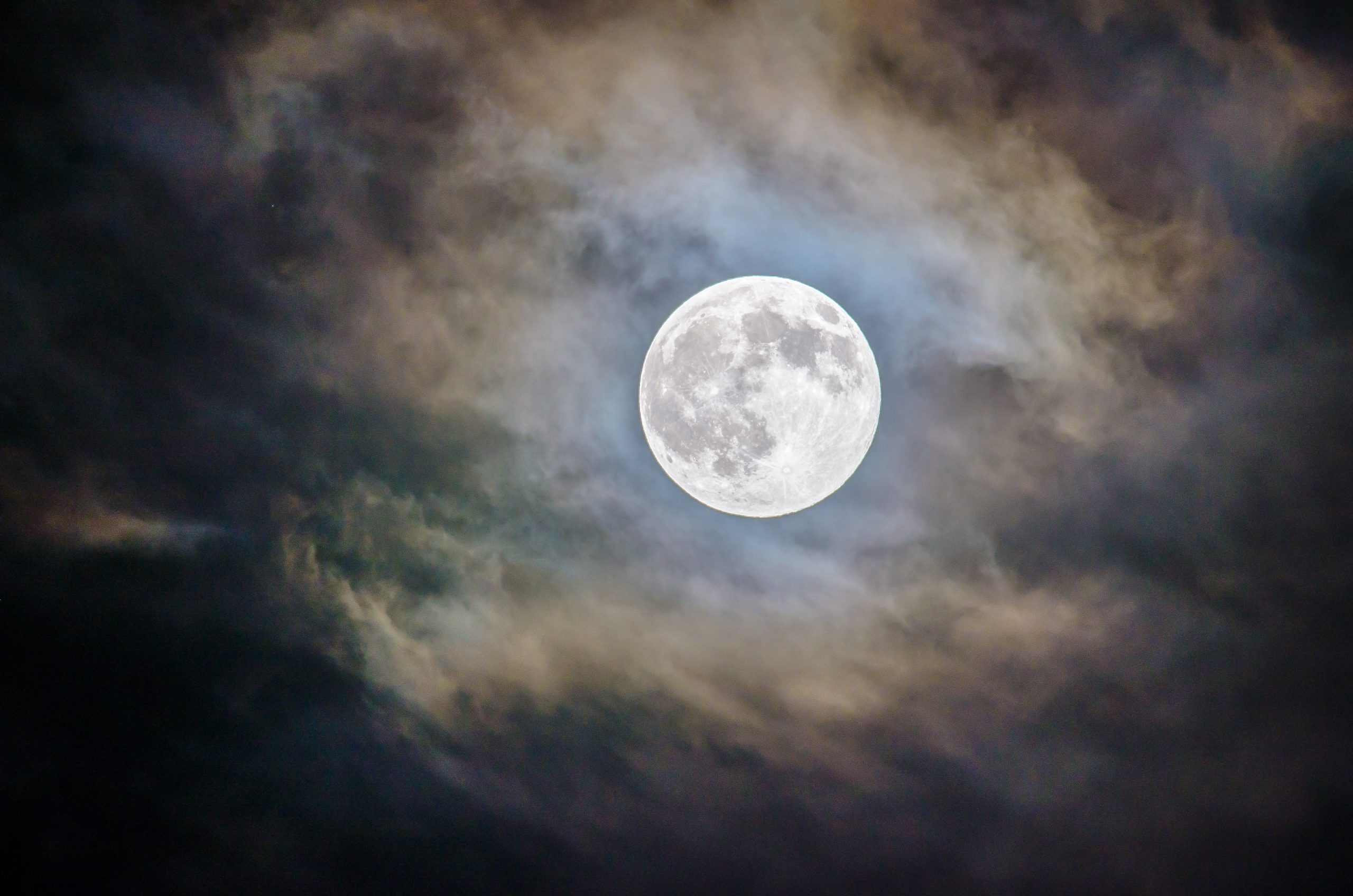The Remote Viewing Tournament: Exploring the Boundaries of Consciousness
Have you ever wondered if it’s possible to see events and locations that are far beyond the reach of your physical senses? Can the mind tap into a universal consciousness that transcends time and space? These questions have long fascinated researchers, and one method that has emerged to explore these phenomena is remote viewing.
Remote viewing is a form of psychic ability where individuals claim to see, sense, or gather information about a target location, person, or object without any direct physical contact. Originating from the research conducted by the Stanford Research Institute (SRI) in the 1970s and popularized by the US military’s Stargate Project, remote viewing has captured the attention of both skeptics and believers.
The Birth of Remote Viewing
The concept of remote viewing can be traced back to parapsychology research in the mid-20th century. Scientists and researchers were interested in exploring the boundaries of human consciousness and the potential for extrasensory perception (ESP). It was during this time that Ingo Swann, a renowned psychic and artist, caught the attention of researchers at SRI.
In the 1970s, SRI established a project known as SCANATE (Scan by Coordinate) to investigate the possible applications of remote viewing in intelligence gathering. Led by physicists Russell Targ and Harold Puthoff, the project aimed to determine whether individuals could accurately describe remote locations using only their minds.
The Protocols and Process
The remote viewing process typically involves a viewer, a monitor, and a set of coordinates or a target description. The monitor’s role is to oversee the session, record the viewer’s observations, and maintain an objective perspective throughout the process. The viewer, on the other hand, follows a specific set of protocols to access the target information.
The protocols, developed by SRI researchers, guide the viewer to enter a relaxed state of mind conducive to psychic perception. The viewer then receives the target coordinates or description while remaining blind to any specifics about the target. This helps eliminate biases or preconceptions that could influence the viewer’s impressions.
During the session, the viewer may use various techniques to access the target information. Some viewers report visual images, while others describe auditory impressions, emotions, or even physical sensations. The monitor records these impressions, and after the session, the viewer’s data is compared to the actual target to evaluate accuracy.
The Remote Viewing Tournament
While remote viewing has been a subject of scientific scrutiny and debate, it has also captured the interest of the general public. Recognizing the curiosity and potential of this phenomenon, organizations have started holding remote viewing tournaments as a means to explore the limits of human perception.
One notable remote viewing tournament is the International Remote Viewing Association (IRVA) conference. This annual event brings together remote viewers from around the world to compete in controlled trials. The tournament aims to showcase the abilities of experienced remote viewers and allows them to demonstrate their skills in a supportive and competitive environment.
The IRVA conference follows a strict scientific protocol to ensure the integrity of the remote viewing trials. Participants are given blind target coordinates or descriptions and are asked to provide detailed impressions of the target. Independent judges then evaluate the viewers’ data, looking for matches between their descriptions and the actual target.
The Controversy and Skepticism
As with any paranormal or psychic phenomenon, remote viewing has faced its fair share of skepticism and controversy. Critics argue that the results of remote viewing experiments could be attributed to chance, subjective interpretation, or even intentional fraud. They question the scientific basis of remote viewing and the reliability of the information obtained.
Despite the skepticism, believers in remote viewing emphasize the accumulated evidence and documented successes over the years. They argue that remote viewing has demonstrated impressive accuracy in controlled experiments and has even been reportedly used in operational contexts by intelligence agencies.
Expanding the Boundaries of Consciousness
The exploration of remote viewing offers a unique opportunity to understand the potential of the human mind and the nature of consciousness itself. Whether you believe in the validity of remote viewing or approach it with skepticism, its impact on our understanding of consciousness and perception cannot be ignored.
The remote viewing tournament and ongoing research continue to push the boundaries of what we thought possible. They challenge our conventional understanding of reality, inviting us to explore the mysteries of the mind in search of greater truths.
So, the next time you contemplate the limits of your senses, remember that there may be unseen realms waiting to be explored. The remote viewing tournament serves as a reminder that the mind’s potential knows no bounds.
Table of Contents
